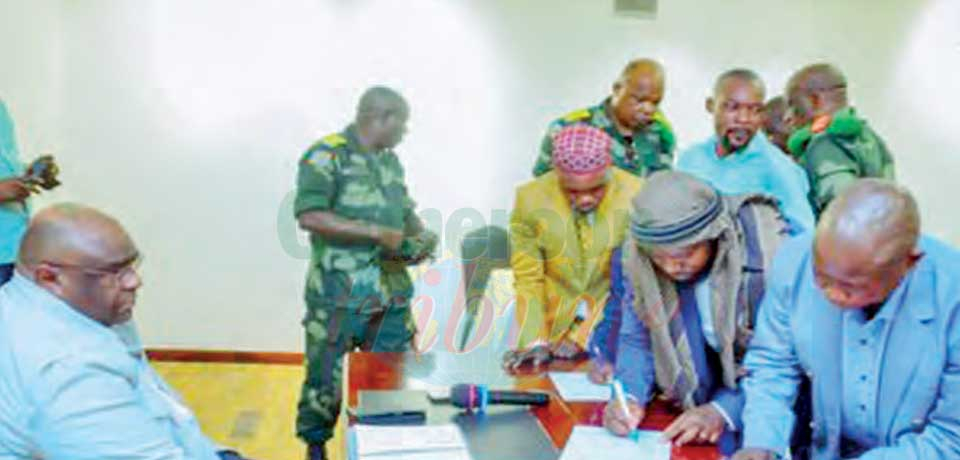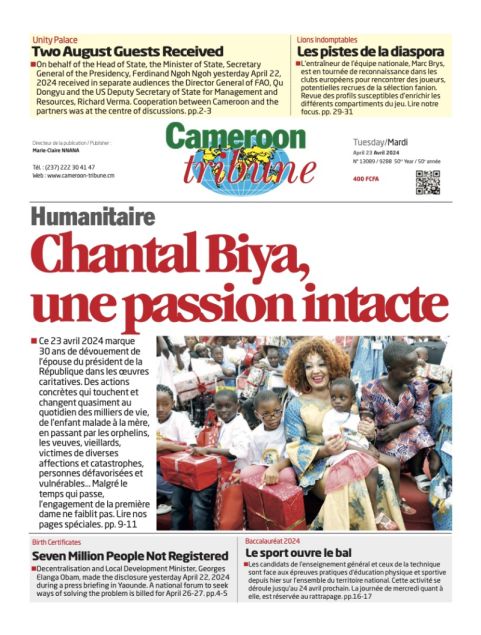Mali: What Future After Transitional Government?
- Par Eldickson Agbortogo
- 09 oct. 2020 11:35
- 0 Likes
With the appointment of the main stakeholders, it is time to get down to work as 18 months is just 550 days to go.
For the past months, tens of thousands of Malians have taken to the streets in protests fueled by pervasive corruption, extreme poverty and protracted conflict. The unrest has destabilized a region already battling an alarming rise in violent extremism. For several weeks, an opposition coalition known as the June 5 Movement (M5-RFP), led by prominent cleric Mahmoud Dicko, called for the resignation of President Ibrahim Boubacar Keita in the wake of the country’s April parliamentary elections. The protests were spurred by a Constitutional Court decision to overturn some of the election results, which the opposition says unfairly helped members of Keita’s party remain in office.
Despite several protests, President Keita refused to step down and stayed without a government, after the Prime Minister and his entire government resigned due to their ability to abate the civil war that has been raging since 2012. The intensification of the war pushed him to form a new cabinet in late July in an attempt to handle the crisis, but it did not work out as the Economic Community of West African States (ECOWAS), came in to mediate. The Regional body called for the formation of a unity government, the resignation of lawmakers whose elections were called into question, and new elections. The bloc also threatened sanctions against opposition groups that hinder a resolution to the crisis.
These measures and assurances did not deter thousands of protesters and supporters of M5-FRP who rejected ECOWAS proposals that Keita should head the Government of National Unity. Because of the persistence of the crisis, several Heads of State who are members of ECOWAS travelled to Bamako to seek a solution to the political crisis. While in Bamako, the delegation that comprised, Cote d’Ivoire Alassane Ouattara, Niger’s Mahamadou Issoufou, Senegal Macky Sall and President Muhammadu Buhari of Nigeria met with the different stakeholders without making any headway. Hence was the appointment of an ECOWAS mediator team led by former Nigerian President Goodluck Jonathan. After 72 hours of separate talks with President Keita, M5 members and civil society, the team left Bamako with a promised to brief member states on the situation on the ground.
Déjà abonné ?
Identifiez-vous >
Cet article complet est réservé aux abonnés
Accédez en illimité à Cameroon Tribune Digital à partir de 26250 FCFA
Je M'abonne
1 minute suffit pour vous abonner à Cameroon Tribune Digital !













Commentaires